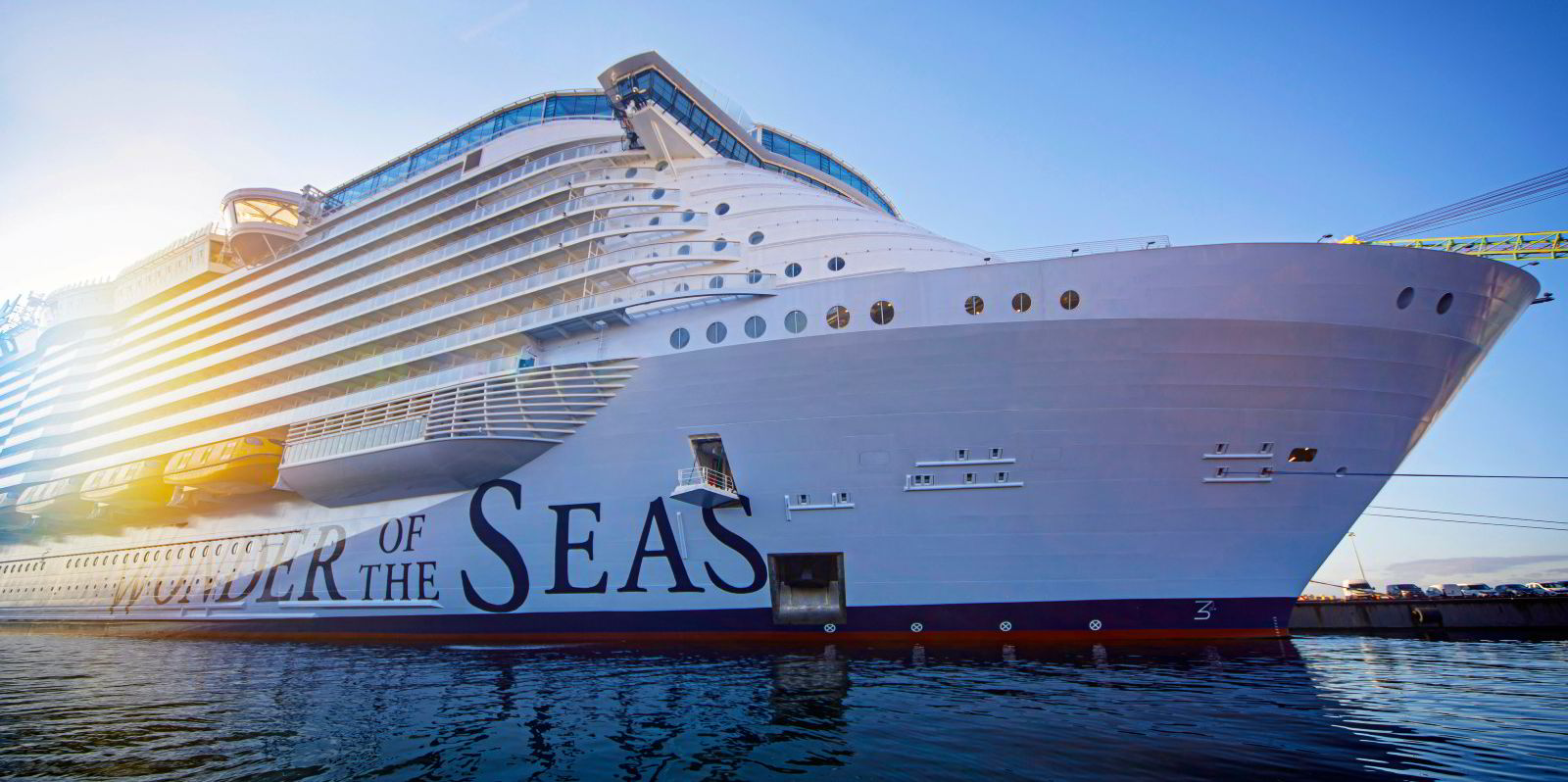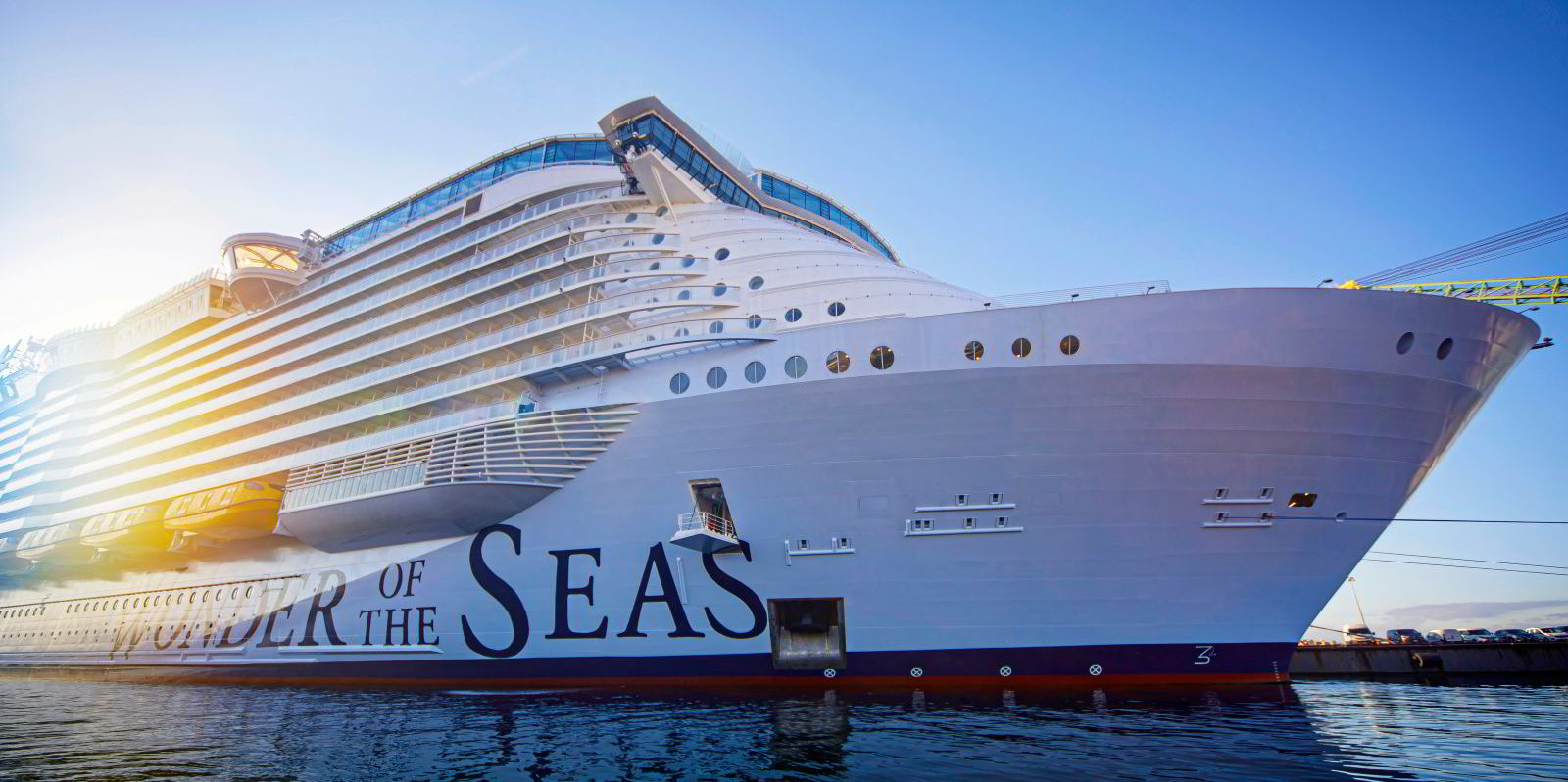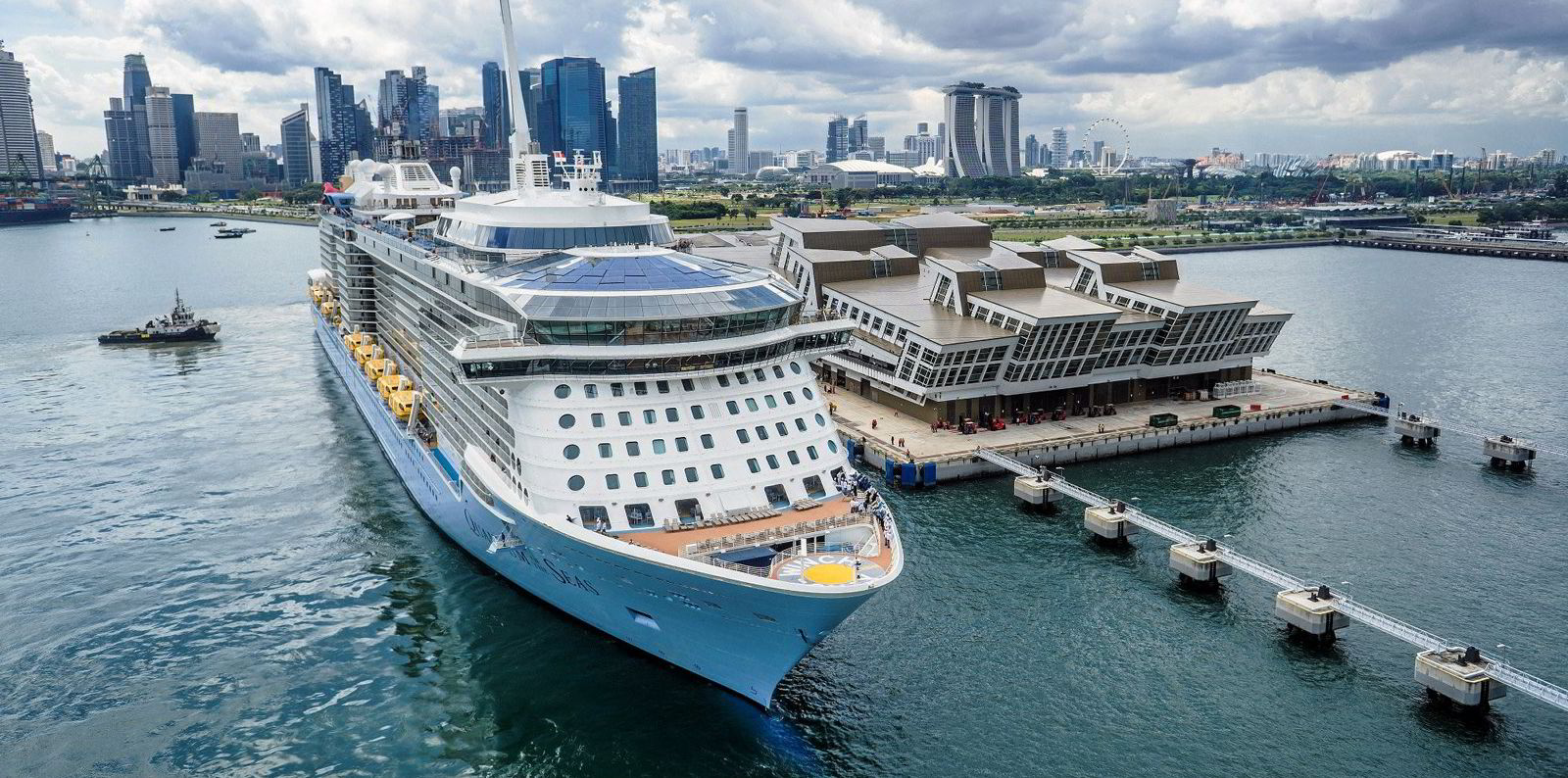Royal Caribbean Group chief executive Jason Liberty looks eagerly forward to a long-awaited return to full cruising, even as his company continues to log quarterly losses in the billions of dollars thanks to Covid-19.
The Miami-based owner of 63 ships posted a $1.17bn net loss for the first quarter, deeper than the $1.13bn in red ink during the same period last year.
New York-listed Royal Caribbean reported an adjusted net loss of $1.16bn, compared to a $1.08bn loss a year earlier.
Those adjusted results translated into a first-quarter loss per share of $4.57, missing analyst consensus by $0.10 per share and falling $0.13 per share posted a year ago.
“It is gratifying to see our ships and crew returning to our mission of delivering the best vacation experiences in a safe and responsible way,” Liberty said in a statement.
“Despite the impact of Omicron earlier in the year and the horrific conflict in Ukraine, we are encouraged by the strong demand for cruising and the steady acceleration in booking volumes.”
He said that booking volumes since March have exceeded 2019 record levels and should remain high this year during a return to full operations and profitability during the second half of 2022.

Royal Caribbean said it returned 54 ships to sailing across five brands, representing close to 90% of its global fleet capacity.
The owner, which carried about 800,000 passengers in the first quarter, expects to return the full fleet to operations before the summer season of 2022.
This year’s bookings to the end of April have exceeded those placed during the same time in 2019, but this year’s second half is booked below historical ranges but at higher prices than 2019.
Bookings for 2023 are within historical ranges at record pricing, Royal Caribbean said, offsetting supply chain challenges, high fuel and food costs due to inflation and Covid-related expenses.
Bookings for Europe sailings improved throughout the first quarter but softened due to the war in Ukraine with a bigger impact on Baltic itineraries.
“While bookings for Europe are now exceeding 2019 levels for the same period, the situation in Ukraine is expected to weigh on load factors in Europe this summer, Royal Caribbean said.
The reservations have led to $3.6bn in customer deposits as of 31 March, near the same level seen in the same period in 2019, before the pandemic.
Royal Caribbean has $3.8bn in liquidity that includes a $700m loan.






